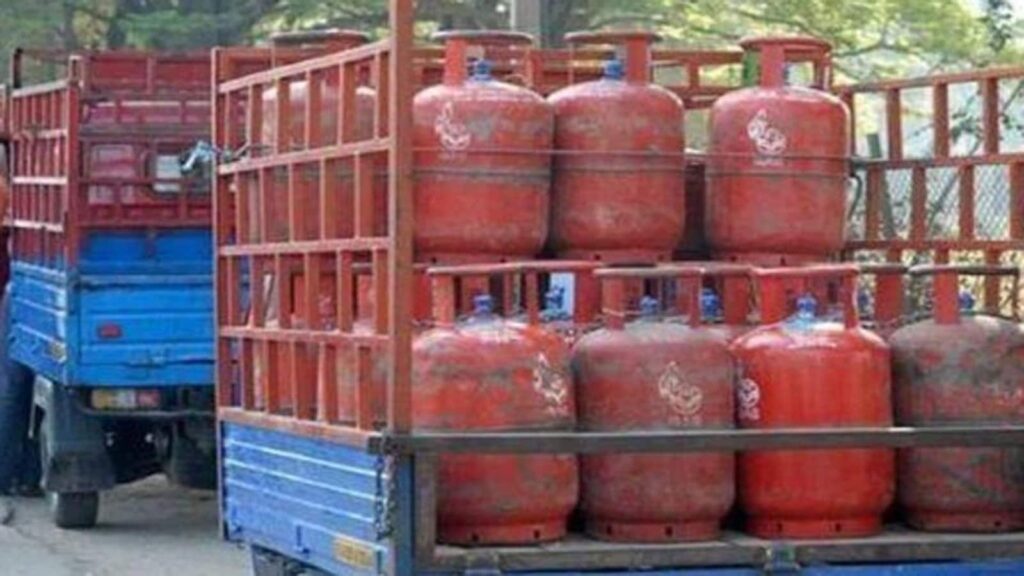An August 17 report in this newspaper said the government might extend the provision of free food grains under the National Food Security Act (NFSA) and continue to give ₹200 per LPG cylinder to beneficiaries of the Ujjwala scheme. Both were initially announced for a period of one year. Another report on August 18 noted that the central government is likely to assume a more and more proactive role in managing food inflation, especially for cereals. How should one see these developments? There is a political context and an economic context.
Let us take the latter first. India’s benchmark inflation, as measured by the Consumer Price Index (CPI), jumped to 7.4% in July and cereal prices are unlikely to ease anytime soon. A business-as-usual scenario will lead to a transmission of price pressures from food to non-food items and could lead to a pivot in the Reserve Bank of India’s current pause on interest rates. By taking a proactive role, the government is trying to complement the monetary policy’s attempts to bring down inflation.
With less than a year left for the 2024 polls, the Centre is clear that economic pain on account of high prices (and perhaps stagnant blue-collar wages) could lead to political discontent. It will be detrimental for a government to withdraw whatever limited relief measures are in place to cushion the poor. The reported extension of food and LPG subsidies should be seen in this light. In fact, it will not be surprising if the Union government increases the scope of its anti-inflation measures before the general elections. A more interesting question to ask is whether this will happen before the state election cycle later this year or the general elections in 2024.
Embrace independence with quality journalism
Save on HT + The Economist subscription


